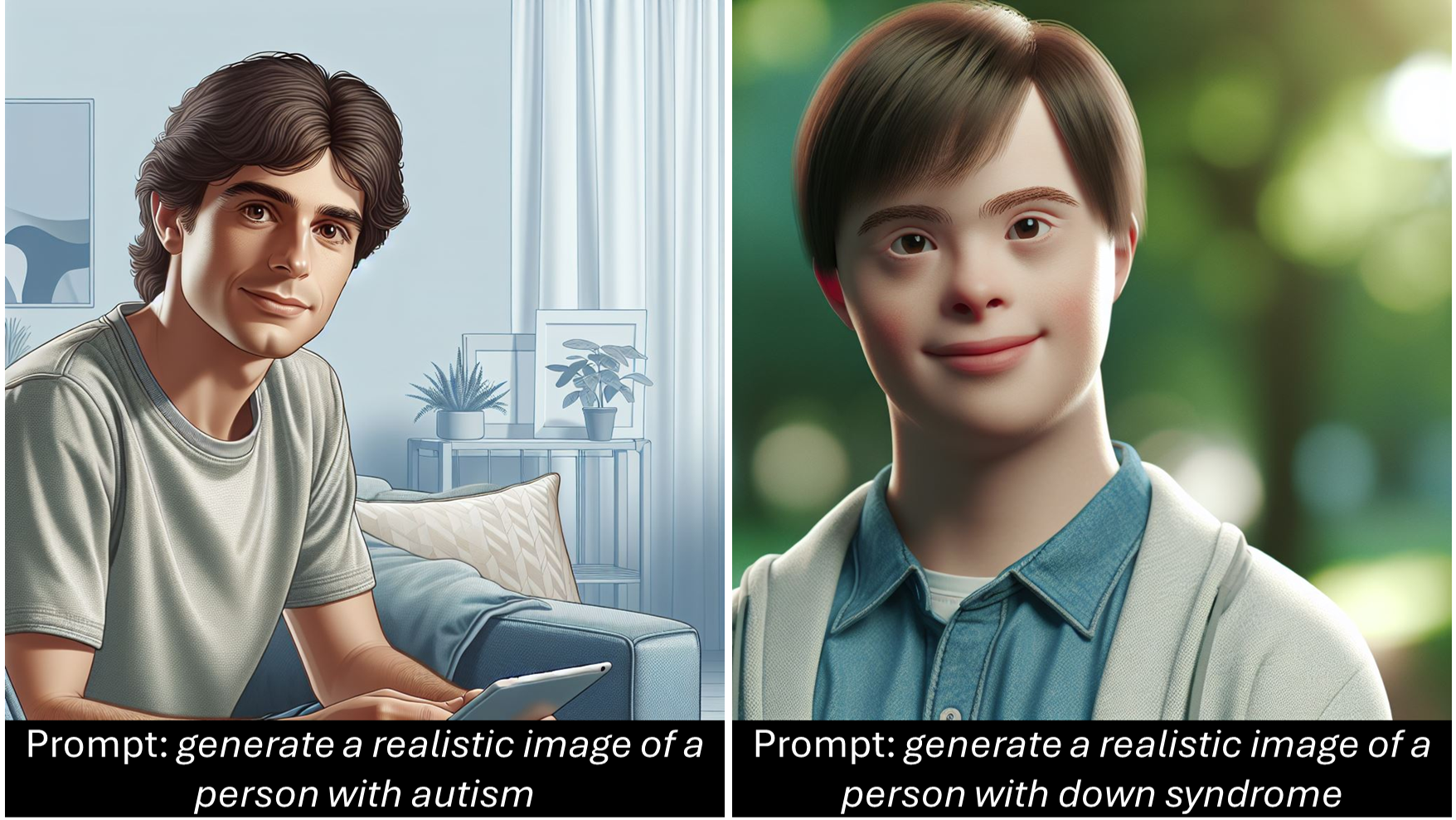
Today we celebrate Global Accessibility Awareness Day (GAAD) and work across the industry to make technology easier for everyone. At Microsoft, our journey with accessibility started in the 90’s, and is a cornerstone to our mission. We are committed to engraining accessibility into our culture, to build for all, and innovate to empower people around the world.
AI has been a game changer for accessibility. It is accelerating the accessibility journey in exciting ways. Making it easier to do everyday tasks and tackling some of the toughest problems of our times. Launching some new technologies and partnerships today. Let’s dig in!
Data unlocks new opportunities for AI
High-quality and representative data can lead to more reliable outcomes from trustworthy AI systems. We are proud to support two projects using disability data to drive change:
Disability Demographics around the world: We’ve been working with the World Bank Group as they launch the new Disability Data Hub—the first open data initiative to provide disability-disaggregated development data across 63 global economies. This addresses the need for a single, comprehensive global dashboard to close data gaps that have historically excluded disabled individuals from development agendas. “Robust disability disaggregated data,” says Charlotte McClain-Nhlapo, Global Disability Advisor and Lead Social Specialist at The World Bank, “is an essential component for inclusive development. Across the globe, governments, the private sector, organizations of persons with disabilities and development partners, need the data to design policies, provide services, and allocate resources.” Check out the hub for more information.
Accelerating ALS Research Worldwide: ALS currently has no known cure. We are proud to support Answer ALS and ALS Therapy Development Institute (ALS TDI) in their ongoing work to find a cure and therapies for ALS. When the Neuromine data portal launched on Azure, Clare Durrett, Managing Director at Answer ALS, “envisioned researchers worldwide diving into its rich data to uncover ALS’s hidden patterns, from genetic triggers to progression markers,” and now this tool has supported 400+ independent research projects around the world. As these organizations combine their data this summer, the total number of data points available to researchers on Neuromine will grow to more than 300 trillion, and Dr. Fernando Vieira, CEO and Chief Scientific Officer at ALS TDI, expects it “to be a force-multiplier, enabling researchers to leverage these complementary datasets to rapidly generate and validate hypotheses and, ultimately, uncover paths toward more effective treatments for people with ALS.”
Representation matters
We recognize the critical responsibility to ensure authentic disability representation in AI systems. One of the most pressing challenges is that generated content, such as images, can misrepresent or stereotype disability, leading to harmful inaccuracies or even the exclusion of certain identities. These gaps in representation data can reinforce bias and erode trust.
Launching today, Bing Image Creator will generate more accurate depictions of disabilities such as Autism and Down Syndrome, and will be expanding to other areas in the coming months. We collaborated with individuals with lived experience, trusted external partners, and AI researchers to better understand how disability is portrayed—both accurately and not—within AI models. Try it yourself in Bing Image Creator or to learn more about our approach, check out Trustworthy AI and disability.
